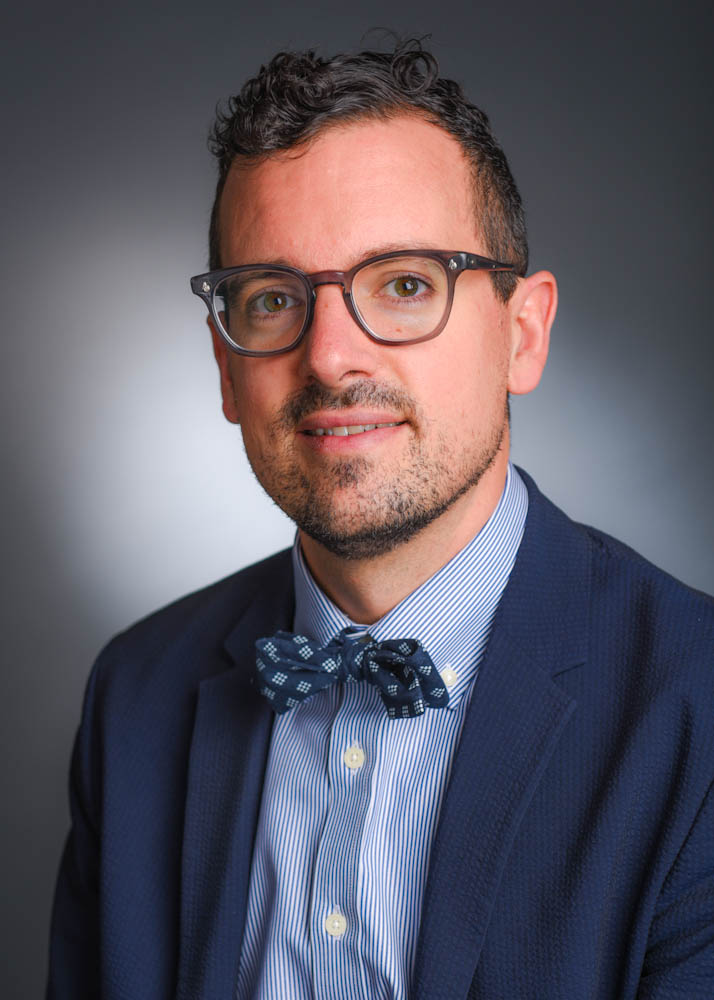This is an excerpt from a perspective published in The New England Journal of Medicine on Feb. 12, 2015.
By Justin Sanders, MD, MSc

When Ms. C. died, I was sad but not surprised. I had met her 4 years earlier, when I was an intern and she was the first patient who identified me as “my doctor.” She did so enthusiastically, asking the inpatient medical teams who frequently cared for her to run every decision by me. As a trainee, and given her complex needs, I found those requests both absurd and overwhelming. By 65 years of age, Ms. C., a lifelong smoker, had coronary artery disease, atrial fibrillation, diabetes, and chronic obstructive pulmonary disease (COPD) complicated by pulmonary hypertension. During the time I knew her, she was hospitalized at least every 3 months for complications of one or another of her chronic conditions. The only thing she hated more than the hospital was the panic induced by uncontrolled dyspnea, chest pain, or palpitations — the panic that led her to dial 911. When she came into the clinic for follow-up, she’d tell me that she never wanted to go back. I would check to make sure she understood her medication changes. She would ask about my family. I would plead with her to quit smoking. A gregarious Latina, she always shouted, “I love you” as I walked out of the room.
I remember when Ms. C.’s cardiologist, who was as close to her as I was, told me he was concerned that she might not live another year: her arrhythmia had become more difficult to control. She had no advance directive. He suggested that I speak with her about it, and I said I’d try to find a good time. I never did.
Some months later, as a newly appointed attending, I returned from a vacation to an e-mail informing me of Ms. C.’s death. She had died in the intensive care unit after an unsuccessful attempt at cardiopulmonary resuscitation. I’m pretty sure that’s not what she would have wanted, but I couldn’t say for certain. I stared at my computer screen, feeling the leaden weight of a missed opportunity and a sense of profound disappointment in myself. I felt that I had failed one of my first and favorite patients.
Since becoming a palliative care doctor some years later, I’ve thought many times about Ms. C. and the consequences of my own and others’ inaction. And these missed opportunities have become a topic of national conversation. Last September, the Institute of Medicine (IOM) released a report entitled Dying in America, in which it recommends measures to improve end-of-life care through, among other strategies, better advance care planning (ACP). Specifically, it recommends the development of “standards for clinician–patient communication and advance care planning that are measurable, actionable, and evidence based” and that these standards be tied by payers and professional societies to “reimbursement, licensing, and credentialing” (see Perspective article by Pizzo and Walker, pages 595–598).
Read more:
If promoting ACP discussions were as simple as asking or paying physicians to have them, Dying in America might not have been necessary. These discussions are difficult, and for multiple reasons: perceived difficulty of prognostication, uncertainty about how best to communicate with patients and families with diverse communication needs, and inadequate time to have them — not to mention the troubling emotions that talk of death raises for both patients and physicians. During our medical education, discussions of end-of-life care receive minimal, if any, attention.
…
Looking back, I imagine that part of me was scared. We are not immune as physicians to the type of magical thinking that leads people, subconsciously or not, to feel that talking about dying might somehow bring it about. I recall thinking that a better time might present itself. And the truth is I didn’t know what to say or how to say it.
We need scalable communication interventions that help doctors use the right words at the right time to engage our seriously ill patients. That is a high-value proposition.
Improving our ability to facilitate ACP discussions offers the opportunity for engaging more deeply with our patients in ways that help them feel cared for. When insurance companies lead the way in ACP, or any other initiative, we tend to assume that they’re motivated largely by cost considerations. This perception may undermine what we’d like to achieve. When we engage in these discussions, patients and families know that we’re willing to go to difficult places with them. They know that we will be there.
I wasn’t there for Ms. C., but I’m trying to make up for it.
Read the entire article from the New England Journal of Medicine.
Justin Sanders, MD, MSc is a physician with the Adult Palliative Care Program at Dana-Farber/Brigham and Women’s Cancer Center.
